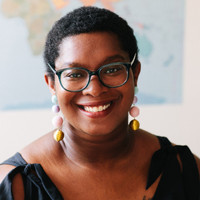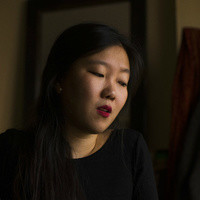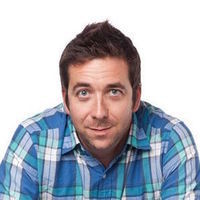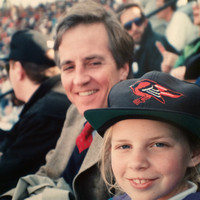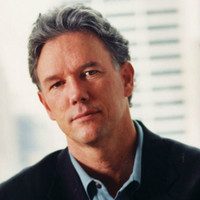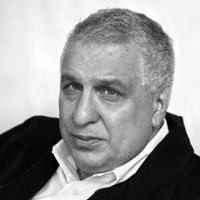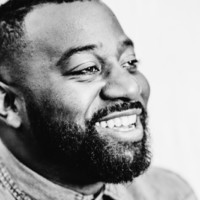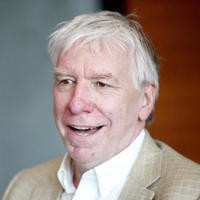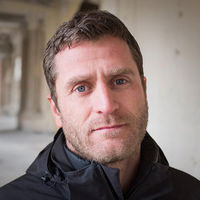Ashley C. Ford is a writer and host of the podcast Fortune Favors the Bold. Her memoir, Somebody's Daughter, is forthcoming from Flatiron Books.
“For the first time I felt like I had so many more choices in my life than I originally thought I had. That was my first realization that I did not just have to react to the world, that I could be intentional in the world, and just curious about what came back to me.”
Thanks to Mailchimp and Pitt Writers for sponsoring this week's episode.
